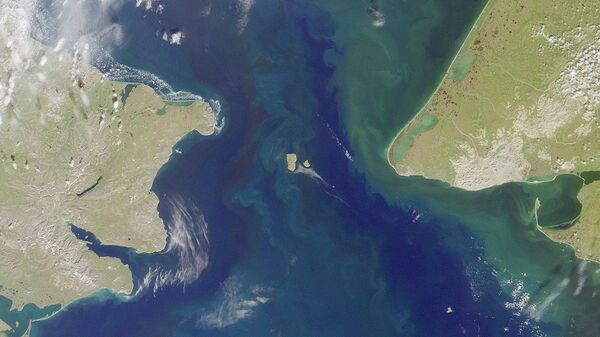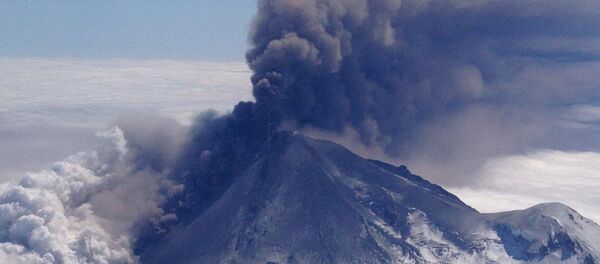About 1 billion years ago, Siberia and North America were part of an enormous single supercontinent over 25 million square kilometers in size, the scientist explained. However, about 600 million years ago the Siberian platform split off from North America as part of the geological processes which resulted in the current positioning of the continents.
"The data available today allows us to predict how continents will be positioned in relation to each other in the geological future. A forecast for 250 million years in the future has already been made. The Siberian platform will once again be situated next to the northern part of America; essentially a certain supercontinental cycle will be completed, resulting in the creation of a new supercontinent," he said, according to RIA Novosti.
Gladkochub also added that according to geological forecasts, in 30 million years the Japanese archipelago will “join up” with Russia.


